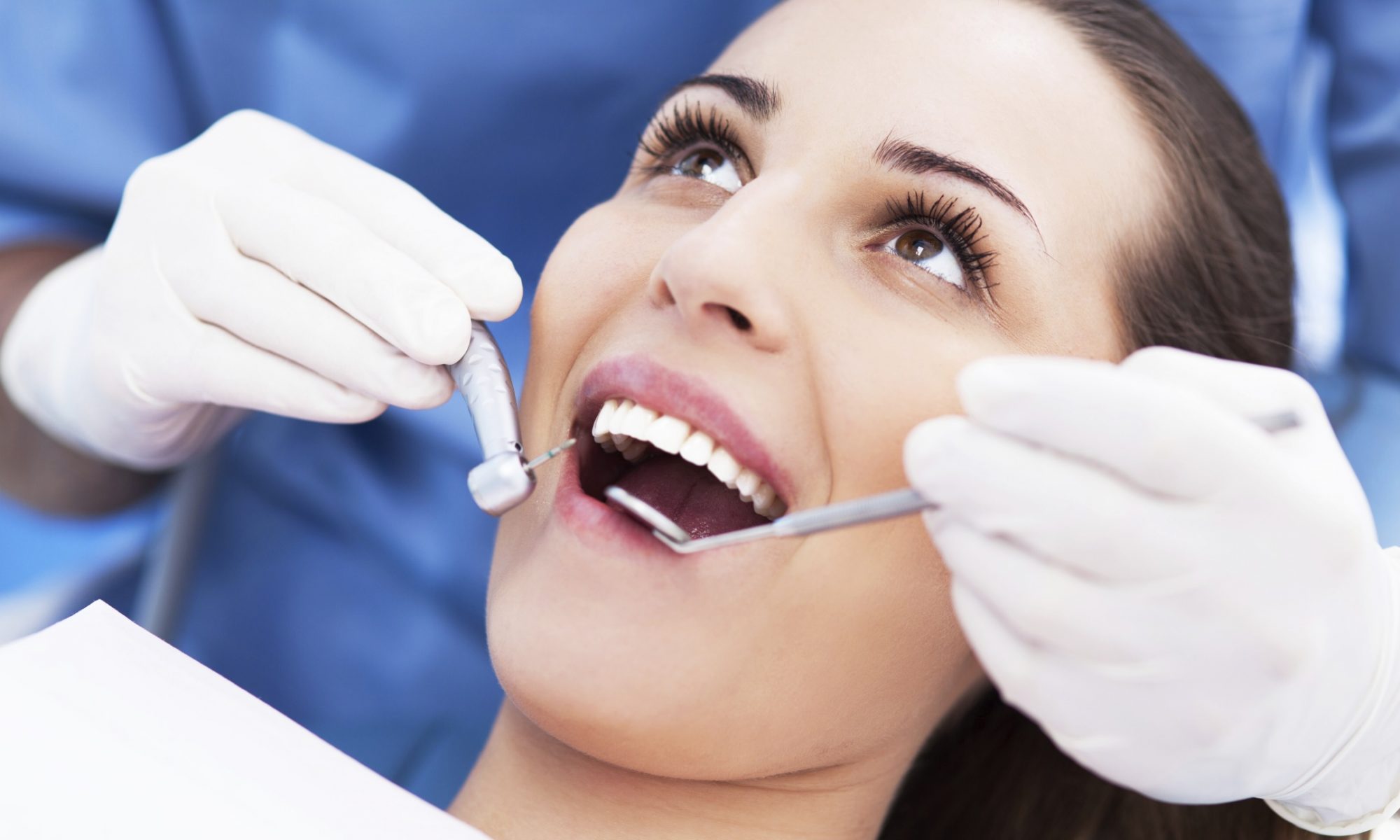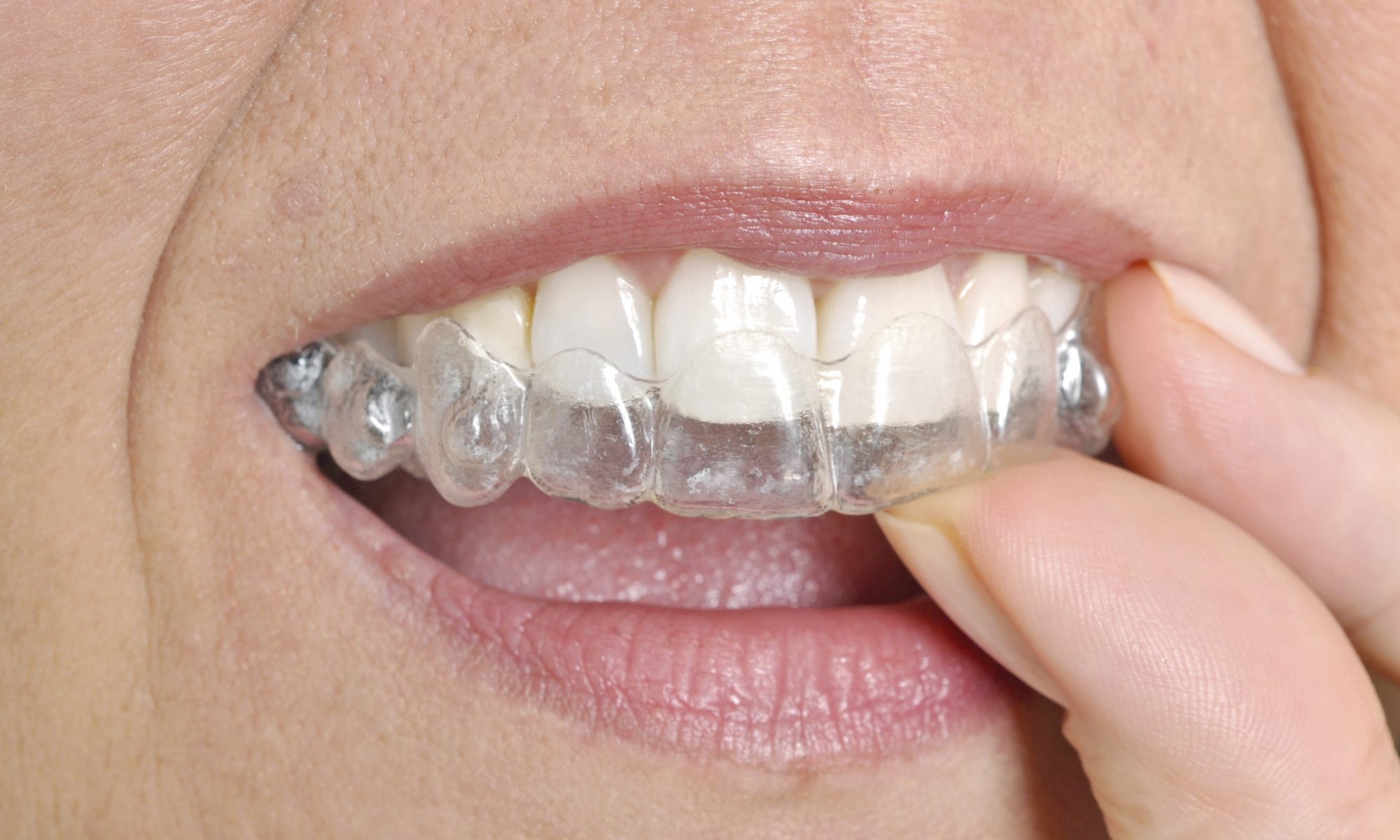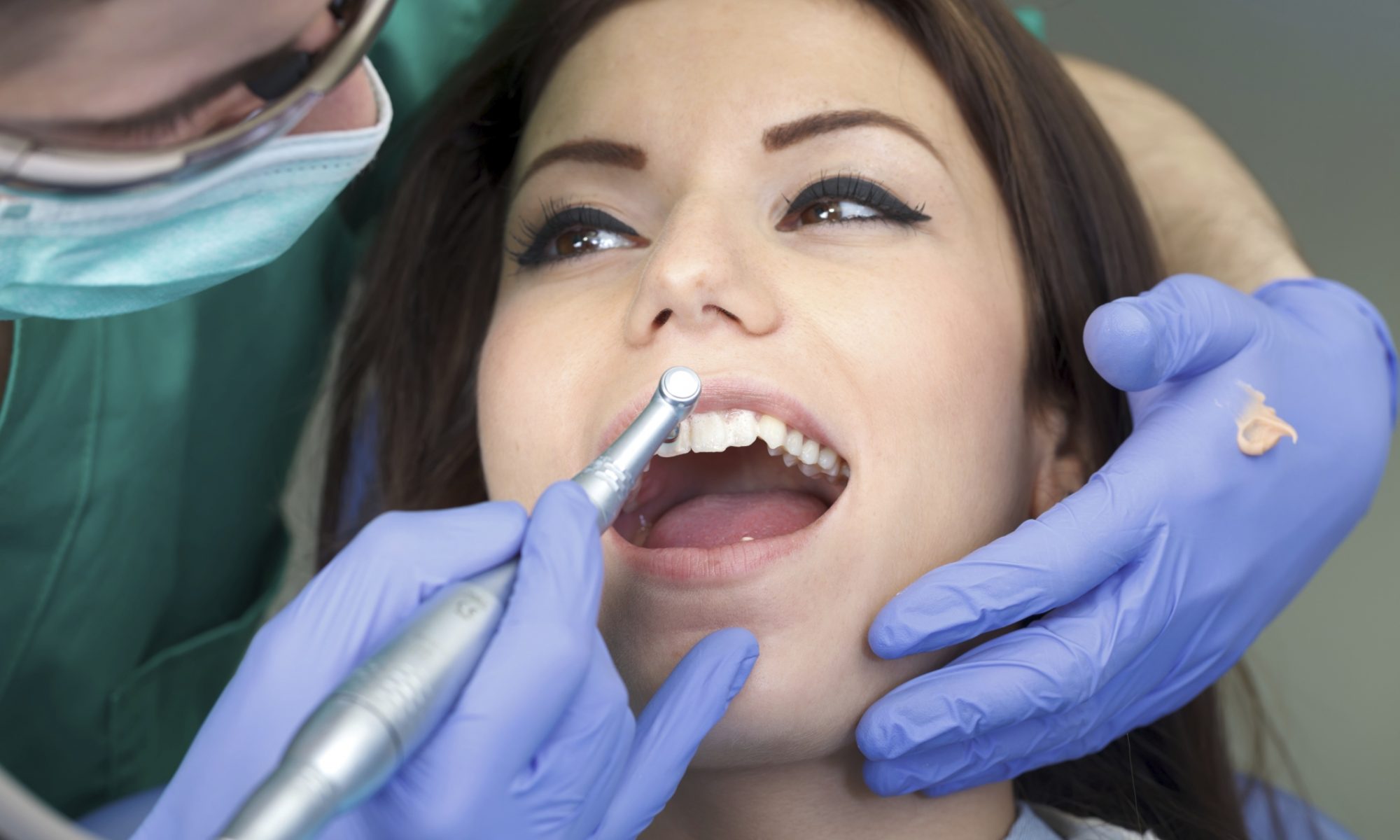The buildup of plaque that hardens on your teeth is known as tartar. When plaque isn’t removed properly from your hygienic routine, that’s when plaque can turn into tarter which may require a more intense means of removal. While tartar buildup can happen, there are ways your can mitigate your risk. Tartar control toothpastes and rinses can help eliminate stubborn plaque to help prevent tarter all together. Regular visits with your dentist and flossing also go a long way in helping ensure a thorough oral care routine and minimize the risk of tartar buildup.
Tartar is a buildup of minerals that, if above the gum line, is fairly easy to spot. If you notice yellow or brown-colored stains on the teeth or gums, it may be tarter. The only real way to know however, is to consult your dentist, and they can remove it for you. Your dentist or hygienist may employ a method called scaling in which he or she uses special instruments to remove the tartar from around the gum line and bottom of the tooth pocket.
If you are employing a thorough routine of proper brushing and flossing, you should be able to avoid tartar buildup. Yet, it’s still important to understand the signs and symptoms of tartar buildup, so that if you do recognize it’s happening, you can consult your dentist sooner than later. If it gets really bad, you may experience bad breath, darker staining, loose teeth and red, swollen or bleeding gums. If this happens, its best to consult your dentist immediately before things get worse.
If you have questions or concerns about your tarter buildup, make an appointment today with Dr. Schnall at 212-247-7059 or visit our website at www.philipschnalldmd.com.
Dr. Philip Schnall proudly serves Central Park West and all surrounding areas.


